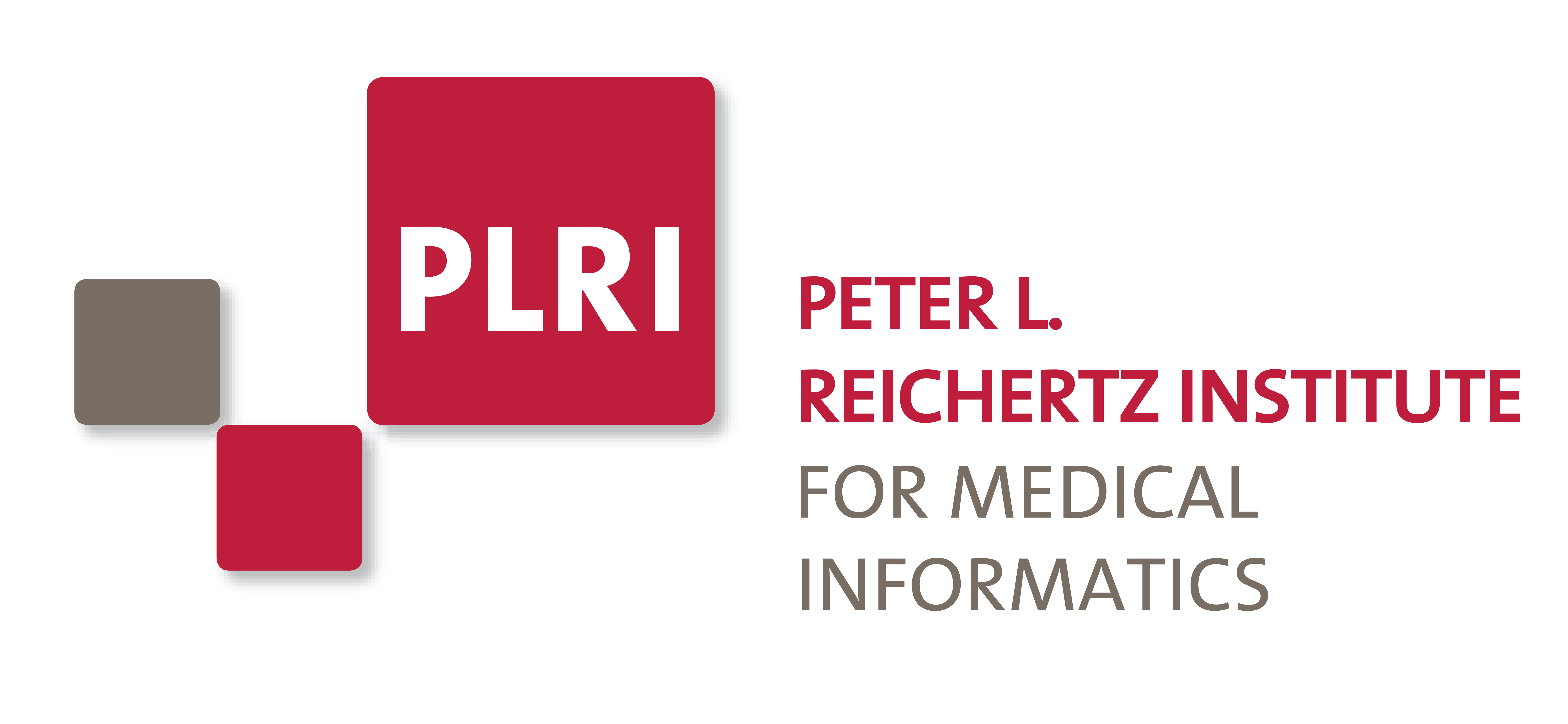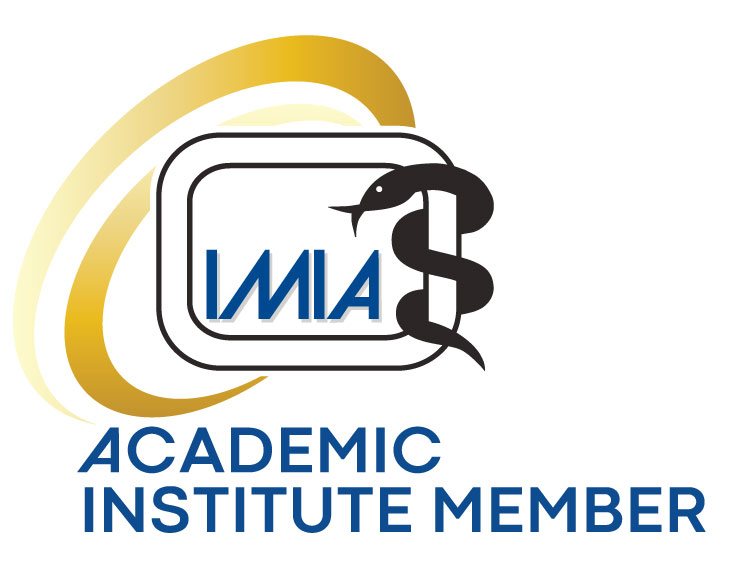2023-04-26: Pressemeldung für Nature Communications Paper
Phenotype-based disease definitions can distort results of disease mechanism mining
Picture a future where medical doctors could cure diseases by targeting their underlying causes, rather than just treating the symptoms. That’s exactly what network medicine is striving to achieve. Instead of defining diseases mainly based on symptoms or involved organs as done in existing disease vocabularies such as the widely used International Classification of Diseases, network medicine aims at classifying diseases based on the underlying molecular mechanisms. By understanding these mechanisms, doctors could develop targeted and more effective treatments which cure patients suffering from complex diseases instead of just managing their symptoms.
To realize this vision, network medicine approaches aim at uncovering molecular mechanisms driving complex diseases. For this, researchers often make use of large-scale databases, where diseases are associated with proteins, genetic variants, drugs, or symptoms. However, in such databases, diseases are described using the very organ- and symptom-based disease classification systems the network medicine field aims to overcome. This raises the question if network medicine studies which rely on large-scale disease association databases risk reproducing the biases introduced by organ- and symptom-based disease definitions.
To answer this question, an international research team involving researchers from FAU, the University of Hamburg, and the TU Braunschweig constructed networks from various disease association databases widely used for pathomechanism mining. Subsequently, they investigated whether these networks are pairwise more similar than expected by chance, assuming that this should be the case if the underlying disease association databases indeed contain useful information about disease mechanisms. Their findings were published in the scientific journal Nature Communications and can also be visualized in an interactive web application (https://graphsimviz.net/):
"Although currently available databases provide a rough estimate of molecular disease mechanisms, we are still often in the dark about the details of individual diseases," reports Prof. Tim Kacprowski, Ph.D., of PLRI's Division Data Science in Biomedicine. "So focused studies with molecular data for well-characterized patient cohorts are still the best way, even a necessity, to advance systems medicine."
Original publication
Authors: Sadegh, Sepideh; Skelton, James; Anastasi, Elisa; Maier, Andreas; Adamowicz, Klaudia; Möller, Anna; Kriege, Nils M; Kronberg, Jaanika; Haller, Toomas; Kacprowski, Tim; Wipat, Anil; Baumbach, Jan; Blumenthal, David B
Title: Lacking mechanistic disease definitions and corresponding association data hamper progress in network medicine and beyond
Journal: Nature Communications 14 (2023)
DOI: 10.1038/s41467-023-37349-4
Website: https://graphsimviz.net/
Contact
Prof. Dr. Tim Kacprowski
Technische Universität Braunschweig
Peter L. Reichertz Institut für Medizinische Informatik
Abteilung Data Science in Biomedicine
Rebenring 56
38106 Braunschweig
Tel.: 0531 391-9541
E-Mail: tim.kacprowski@plri.de
www.plri.de
E-Mail: tim.kacprowski@plri.de
www.plri.de
←back to news





